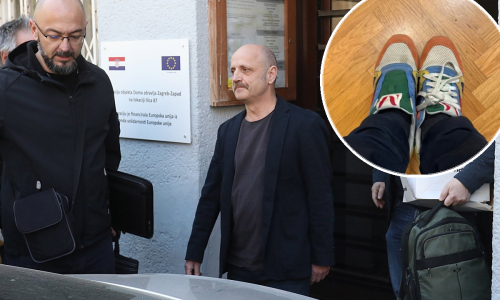Agriculture officials from the region agreed in Sarajevo on Friday on additional measures for monitoring milk and cattle fodder quality in order to eliminate the risk of mycotoxins in food products.
Bosnian Foreign Trade and Economic Relations Minister Mirko Sarovic said the measures referred to improving communication between relevant agencies, equating food control criteria, and choosing a laboratory for mycotoxin analysis.
"The countries of Southeast Europe are agreed that the basis for controlling aflatoxins in cattle fodder and milk should follow the existing European Union limits," said Sarovic.
Croatian Agriculture Minister Tihomir Jakovina said Croatia had a food inspection laboratory that entirely met EU standards and that the countries in the region could use it.
Commenting on Croatia's preparations for EU accession and the new food trading conditions as of July 1, when Croatia would leave the Central European Free Trade Agreement (CEFTA), he recalled that the EU was negotiating the matter with Bosnia and Herzegovina on Croatia's behalf. "There is willingness to intensify the negotiations and wrap them up within the deadline."
Jakovina said he discussed the matter with Sarovic in Sarajevo and that Croatia was willing to help Bosnia. He voiced confidence that a final solution would be reached in the coming weeks.
Commenting on some Croatian companies' preparations to move their factories to Bosnia to be able to continue exporting their goods on the CEFTA market customs-free after July 1, Jakovina said he expected some Bosnian companies to open their factories in Croatia.
"They are all welcome in Croatia and in Bosnia and Herzegovina. It's pointless to speculate about the number of jobs that will be created or closed. No one will be able to say they are a big winner or loser. A compromise solution has to be found and we will find it by July 1."
Sarovic said the relocation of factories would be two-way as Bosnian companies would be interested in exporting their product to the EU via Croatia.
The Sarajevo meeting was also attended by agriculture ministry representatives from Albania, Montenegro, Serbia, and Macedonia.





































